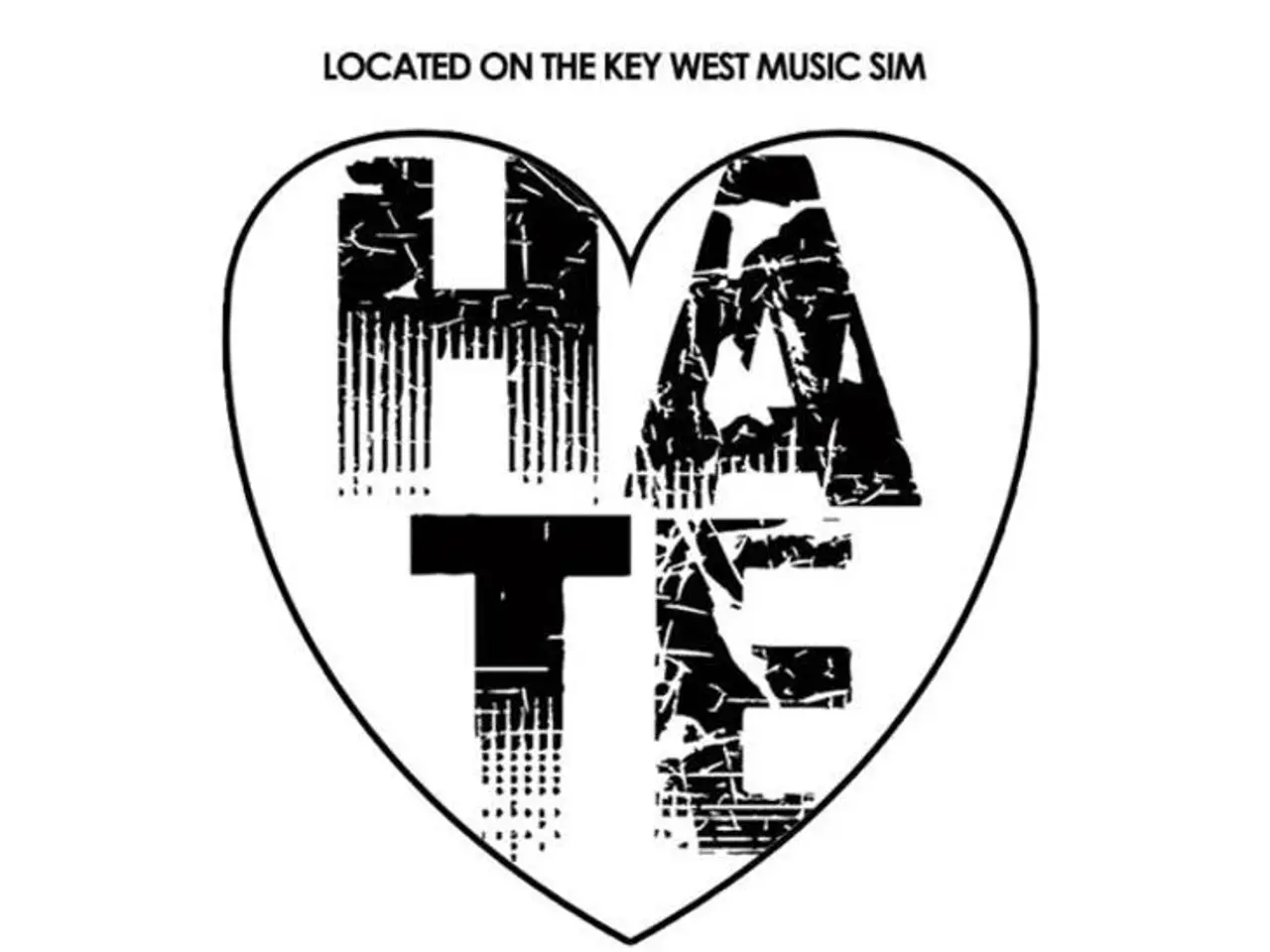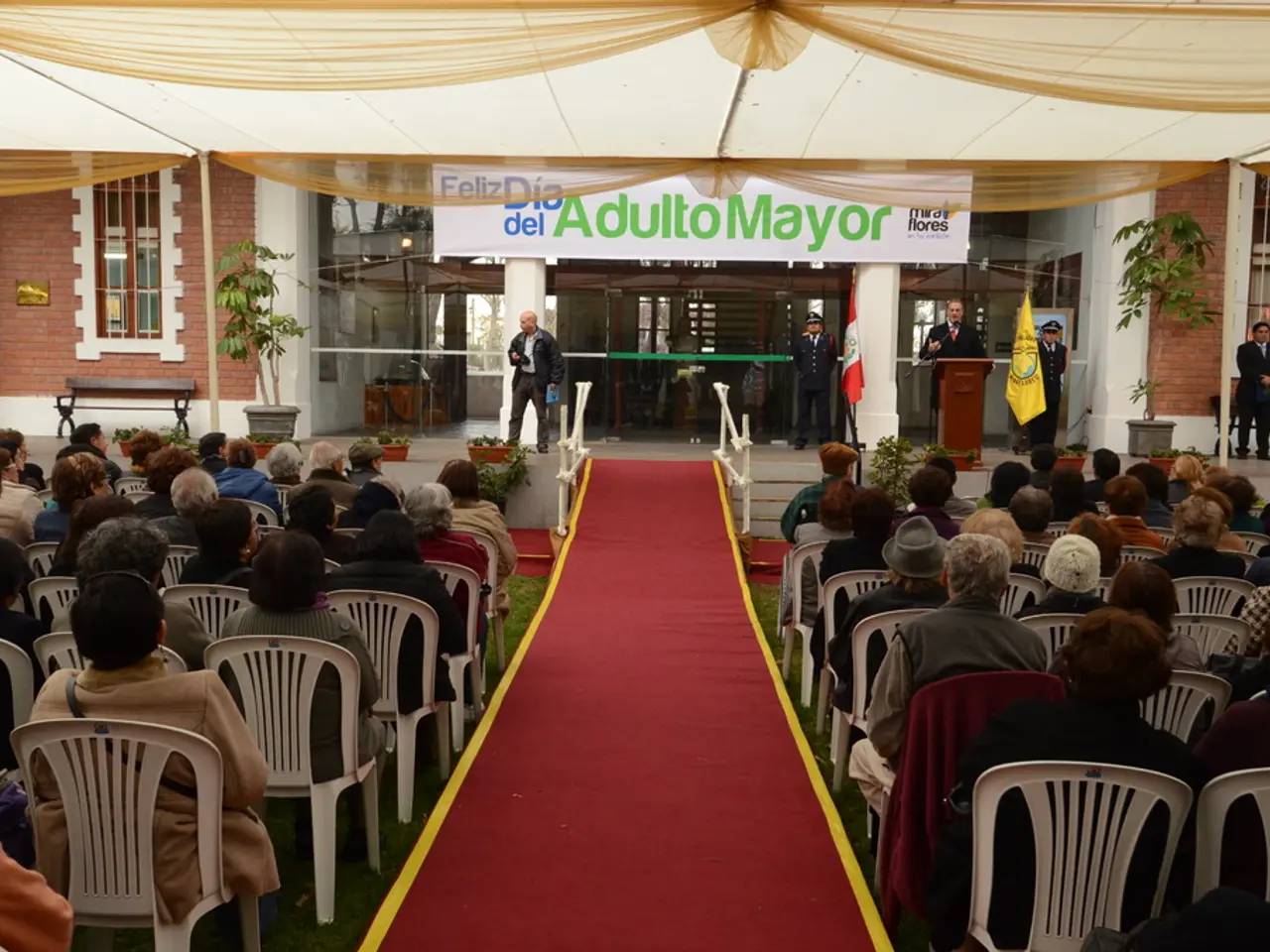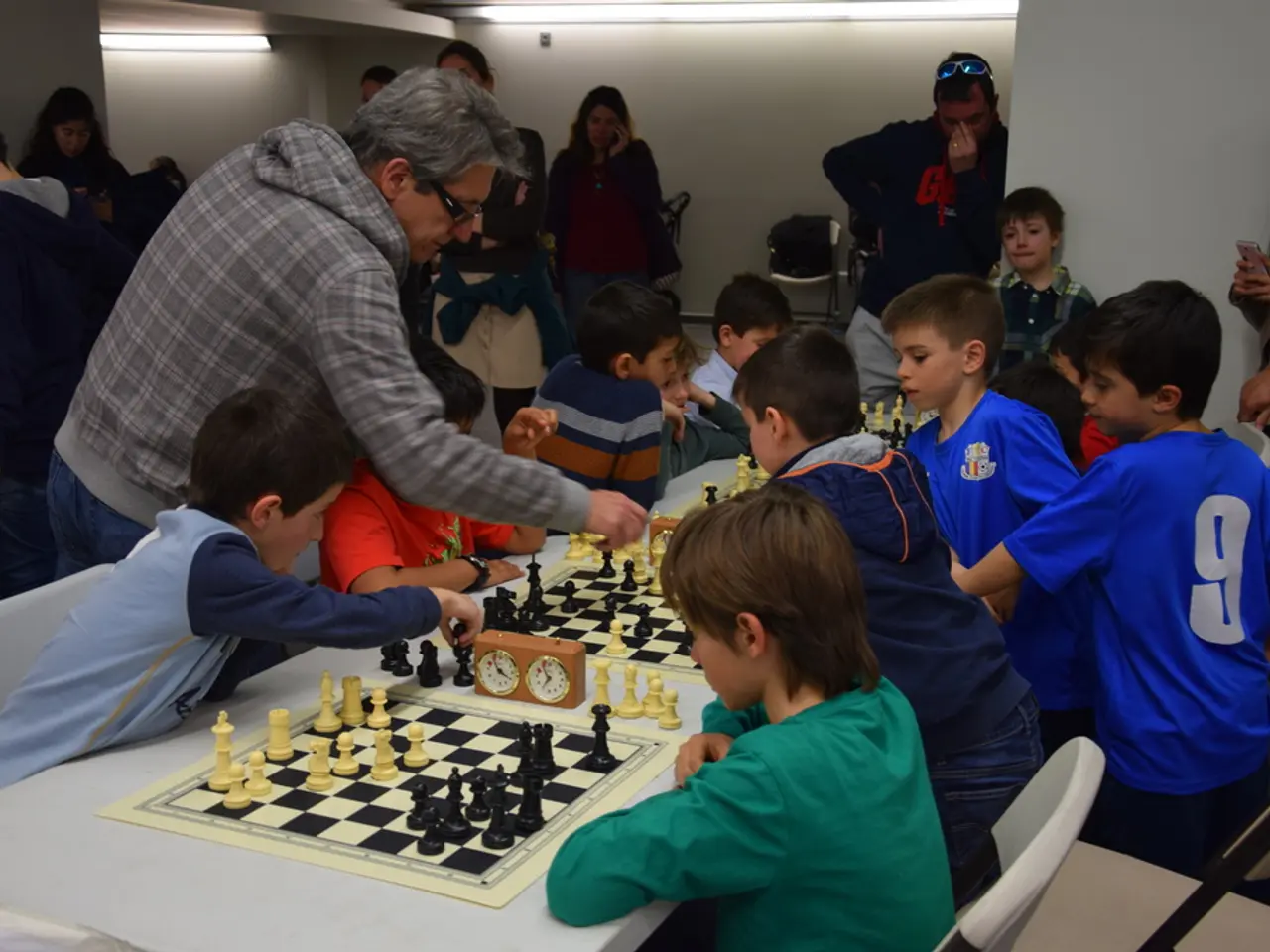Restoring Democratic Roots at the Origin
Slaying the Modern-day Beast: Confronting the Rise of Global Fascism
On a recent weekend, Frankfurt's Paulskirche hosted a packed congregation, brimming with a mix of seasoned and young guests. The event, organized by Attac under the banner "Stop the descent into authoritarianism! The role of civil society in a thriving democracy," aimed to tackle the looming threat of fascism in today's world.
The gathering was incited by the conservative party's inquisitive probe into the funding of non-governmental organizations. Attac believes this inquiry serves as a blueprint for the spreading of right-wing extremist rhetoric among conservatives. In total, the party had tendered 551 queries to the failed traffic light government at year's start, some of which had subsequently advocated demonstrations against the radical right.
To kick off the discussion, the former editor-in-chief of the "Süddeutsche Zeitung", Heribert Prantl, lodged a tribute to the German Constitution, touching upon Article 20 Paragraph 4, the right to resist: "Anyone who seeks to overthrow this order has the right to resist – if other means are not feasible – by every German."
In a democracy, the need for persistent, continual resistance was emphasized by Prantl, insisting that resistance in a democracy equates to defiance, civil courage, integrity, and movements such as Fridays for Future, Black Lives Matter, or Sea Watch and Sea Eye.
Natascha Strobl then took the stage to delve into the question, "How do we cease the right-wing swing?" The Austrian political scientist and author made an early foundation for this, stating, "Today's fascism is not the fascism of the 20th century." Modern-day fascism, she asserted, is international in scope.
This perspective resonates with today's global political landscape, whether it's the Israeli government's conference where right-wing extremist figures from around the world gathered or the former right-wing extremist French presidential candidate Marine Le Pen, who openly aligns herself with Russian President Vladimir Putin. In addition, the AfD, overtly backed by right-wing multimillionaire Elon Musk during the last election campaign, also exemplifies this international interconnectivity.
Strobl provided a selection of constructive tactics to combat fascism. On the one hand, defensive strategies are required, as she stated: "Each election is a chance." However, this can be interpreted as Strobl's proposition that fascism can be simply "voted out" if voting occurs carefully. Simultaneously, she advocated for proactive offensive measures.
Strobl highlighted the inherent goodness within human beings, garnering applause. She underscored the importance of empathy, camaraderie, and solidarity. Recovering what neoliberalism has fractured over the past 40 years – shared structures – is an essential step, she suggested.
In the ensuing discourse, Hans-Jürgen Urban, IG Metall board member, and Natascha Strobl sparred on various viewpoints. Notably, Urban questioned Strobel's definition of fascism, finding it somewhat too expansive. Urban looked at the current attacks on the welfare state by the new federal government, like the relaxation of the eight-hour workday that labor movements fought for in 1918. Herein, he believes an alliance must also be formed to address the underpinnings of capitalism.
Timo Reinfrank from the Amadeu Antonio Foundation primarily focused on fascist activities in East Germany and the radicalization of the CDU. Reinfrank highlighted the undeniable strength of the AfD in East Germany and its ability to instill fear in opposing parties, such as when the CDU all but abolished itself during the most recent federal election campaign by following the AfD's political stance.
Ultimately, the event offered few fresh insights but was still highly relevant to those battling the ongoing resurgence of fascism worldwide. The audience, though perhaps a touch self-assured and content after the event, left the Paulskirche with a sense of pressing purpose.
Constructive Strategies in the Battle Against Global Fascism
1. Strengthening Civil Society EngagementA vibrant civil society is crucial for stifling the encroachment of authoritarianism by actively advocating for inclusivity, democracy, and justice.
2. Promoting Education and AwarenessEducating the public on the pernicious nature of fascism—providing them with tools to recognize and denounce its strategies—is vital in preventing the spread of fascist ideologies.
3. Countering the "Us versus Them" NarrativeThwarting the divisive "us versus them" propaganda spouted by fascist regimes is essential for reestablishing a sense of unity and empathy among communities.
4. Vigilance Against Normalization of Fascist IdeologiesRemaining vigilant to the normalization or invisibility of fascism, as observed in our historical analysis, is vital in preventing fascism's insinuation into political culture and democratic norms.
5. Building Inclusive, Participatory Democratic SpacesDemocratic spaces that prioritize inclusivity and involvement encourage open debate and collaboration, fostering a more resilient and equitable society.
6. Adopting Political and Legal CountermeasuresWhile not extensively emphasized in the discussed event, the implementation of legal frameworks to combat hate speech, extremist organizing, and anti-democratic behavior can bolster civil society efforts.
In conclusion, the constructive strategies from the discussed event revolve around active civil society engagement, education on fascism's characteristics, fostering unity against division, resisting the normalization of authoritarianism, and cultivating inclusive democratic spaces. These strategies stand as a reminder of our collective responsibility to fortify democracy against authoritarian threats.
- The role of civil society in a thriving democracy was emphasized by Heribert Prantl, stressing the need for citizens to actively resist any attempts to overthrow democratic order, as stated in Article 20 Paragraph 4 of the German Constitution.
- In tackling the contemporary rise of fascism, promoting education and awareness is vital, equipping the public with the tools to recognize and denounce fascist strategies.
- Combat the divisive "us versus them" propaganda spouted by fascist regimes by reestablishing a sense of unity and empathy among communities, which was a key point highlighted by Natascha Strobl.
- Adopting political and legal countermeasures can bolster civil society's efforts, such as implementing frameworks to combat hate speech, extremist organizing, and anti-democratic behavior, an aspect not extensively discussed at the event but still crucial in the battle against global fascism.
- Building inclusive, participatory democratic spaces encourages open debate and collaboration, fostering a more resilient and equitable society, as suggested by Timo Reinfrank from the Amadeu Antonio Foundation.





